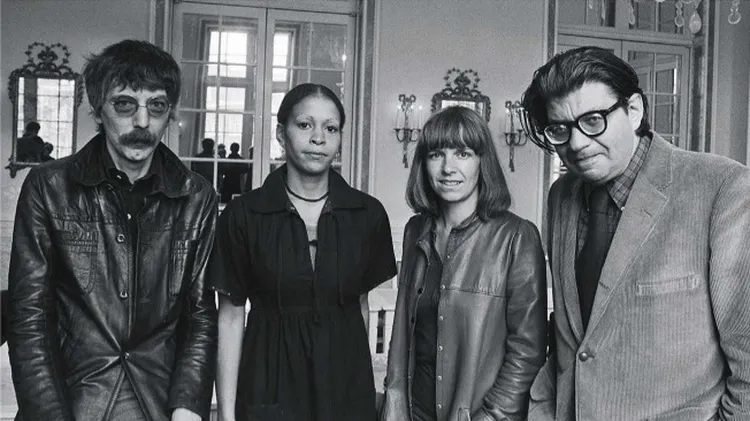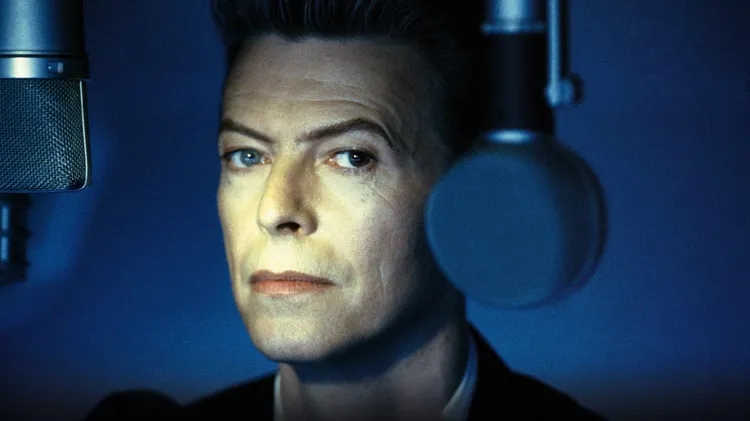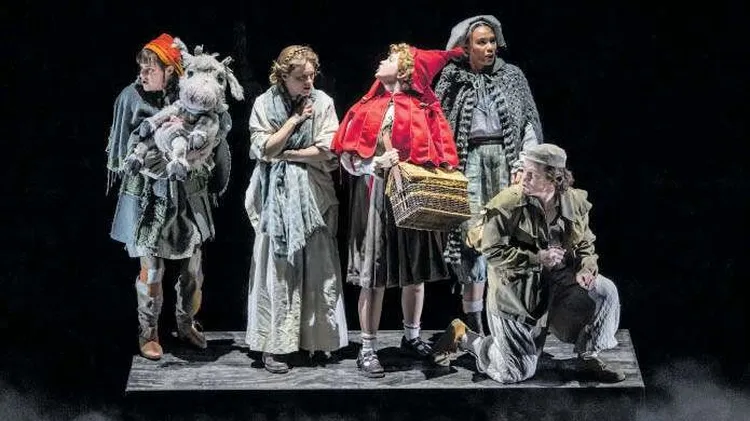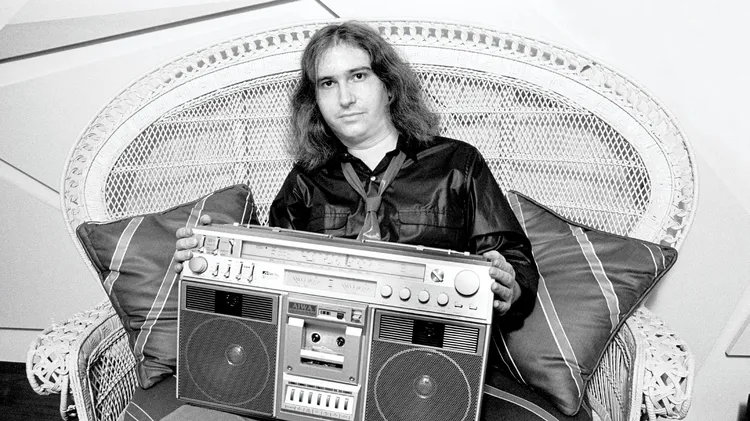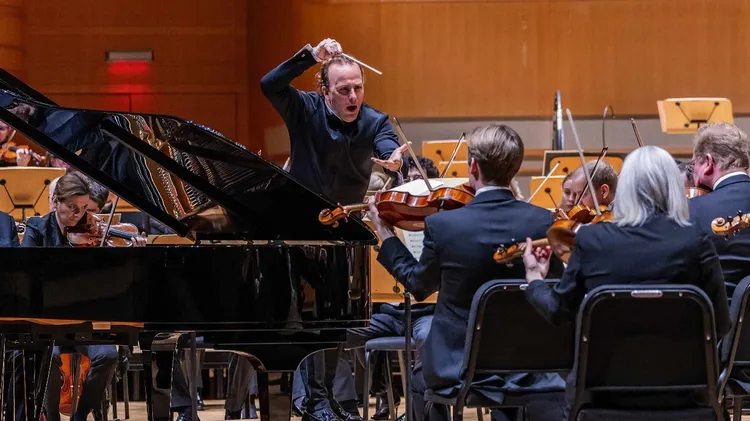This complex and irascible man was plagued by frustration, but remains one of
Bernard herrmann
8 min read
This article is from...
Read this article and 8000+ more magazines and newspapers on Readly

